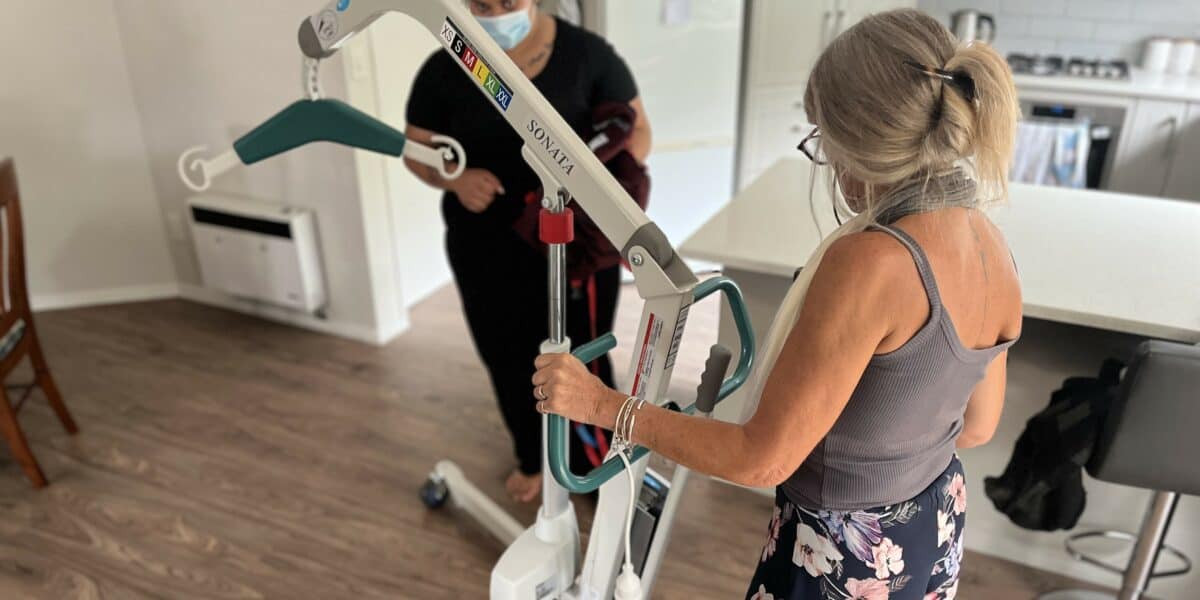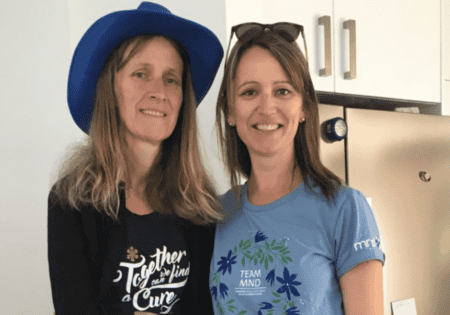DSS changes bring choice and control for carers
Carers, Support
4 September 2025

Minister Louise Upston has announced major changes to the Disability Support System (DSS), restoring flexibility and control to disabled people and carers. These updates, taking effect in early 2026, mark a significant shift towards recognising the wellbeing of carers and ensuring fairer access to support across Aotearoa.
What’s changing
- From 1 February 2026 (new DSS users) and 1 April 2026 (existing users), the Purchasing Guidelines — including the restrictive March 2024 amendments — will no longer apply.
- You can use respite and Carer Support funding to cover travel for whānau coming from outside your region to provide relief care, or for disabled people to visit family.
- Funding can now be spent on therapeutic treatments, exercise subscriptions or equipment, and other services that directly support your role as a carer.
- A single assessment process and allocation tool will be used by all Needs Assessment and Service Coordination (NASC) systems, ensuring consistency and fairness nationwide.
- Family carers will be included in the assessment process, recognising your own needs for support alongside those you care for.
Why this matters for the MND community
Motor neurone disease brings intense and ongoing care demands. These changes mean carers can choose supports that help prevent burnout—whether that’s physiotherapy, counselling, gym memberships, or travel to reconnect with loved ones.
It also means funding decisions will be transparent and equitable, no matter where you live.
While DSS funding applies only to those under 65 (around one-third of the MND community), this reform sets a strong precedent for how support systems can better honour the role of carers.
“These changes are a welcome step toward recognising the vital role carers play in sustaining quality of life for people living with MND,” says Toni Foster, Support Services Manager at MND NZ.
“They also provide an opportunity for individuals and whānau impacted by MND to have greater control over how their needs are met — in ways that reflect their values, relationships, and daily realities.”
At MND NZ, we celebrate and support carers as well as the person with MND. These changes are a welcome step toward recognising the vital role carers play in sustaining quality of life for people living with MND.
🔗 Learn more about the DSS changes
🔗 Connect with our Support Advisors


